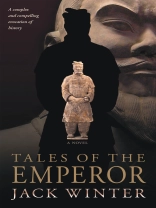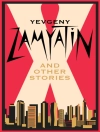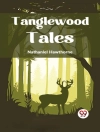Tales of the Emperor is based on the life of Qin Shi Huang (circa 260–210 BCE), the “First Emperor” – he who unified China, gave it his name, built the Great Wall, entombed an army of terra cotta soldiers, authored legalism, erased history, insinuated governance, and established paranoia as a national characteristic. His dynasty did not outlive him but his influence permeates the present and, there is ample indication, will dominate the future.
The literary method of Tales of the Emperor is derived from the first Chinese attempt at “writing history” – the famous Historical Records of Ssu-Ma Ch’ien. Like that Chinese classic, Tales of the Emperor is motivated by the desire to understand the past by entering it, mixing testimony with anecdote, interpretation with invention, biography with characterization, objective analysis with passionate self-interest.
Birth to death, Tales of the Emperor tells the story of its central figure in a thematic rather than a chronologic narrative. In a mosaic of separate tales – some no more than fragments, others chapter-length – intersecting characters are presented, entwined, relinquished, among them a failed assassin, a wily adviser, an ironic architect, a castrated historian, an entire tribe of grave builders, and, of course, the wry, conflicted, everyday tyrant himself. The Emperor’s accomplishments are documented, his strivings are examined, and intimate tittle-tattle about him is indulged.
There’s only one principal theme: you find the antiquity you look for, or, in the language of the book: “history is the study of the paintings of great events.”
عن المؤلف
Jack Winter has taught literature, modern theatre, and creative writing at several Canadian and British universities, including York University and Bristol University. From 1961 to 1967, he was resident playwright at George Luscombe’s Toronto Workshop Productions, where he wrote seven stage plays. In a second tenure with TWP, he wrote five more. Winter has published five books of poetry as well as a literary memoir, The Tallis Bag (Oberon Press, 2012), and a second anthology of plays, Party Day and Other Plays (Starburst, forthcoming 2014). His poems, plays, fiction, and feature articles have been published internationally in magazines and newspapers, including Performing Arts in Canada, Theatre Research in Canada, The Guardian, Canadian Theatre Review, and Canadian Literature. His many literary awards include the Toronto Telegram Theatre Award for Best New Canadian Play, the Canadian Film Award for Best Documentary Film, and an Academy Award nomination for Best Short Subject.












